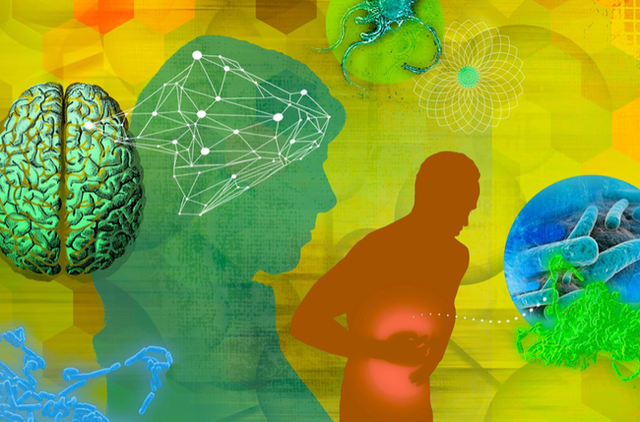Pasty skin
The problem: You look in the mirror and wonder where your rosy glow went.
Why it’s happening: Your body goes into survival mode when you are stressed. As a result, your body redirects blood flow from “unnecessary” organs, like your skin, to vital organs, like your heart and lungs. The reduced blood flow leads to poorer circulation, which in turn, rids you of your natural glow.
What you can do: To remove dead skin cells and revitalize skin, be sure to exfoliate regularly and make sure you’re eating a balanced diet of fruits and vegetables, which are full of antioxidants to counteract the negative effects of stress. And work on decreasing your stress levels to rid the root of your pasty skin.
Pimples
The problem: Whiteheads and blackheads are cropping up all over your face.
Why it’s happening: When you are stressed, your body releases androgen into your blood stream; this hormone ups the sebum, an oily substance, level in your body. The excess oil clogs pores, causing blemishes.
What you can do: Keep up with your skincare regime and use products to reduce the amount of oiliness on your skin. Also, take a warm bath and let the steam nourish your skin and help you relax.
Bleeding, sensitive gums
The problem: Your gums are so sensitive, flossing and brushing is almost unbearable.
Why it’s happening: Stress is an immune system killer, which means there’s less of a chance your body will be able to fight off bad bacteria that settles around your gum line. This buildup can cause inflammation, bleeding and pain.
What you can do: Keep up with your regime of regular brushing and flossing, but switch to brushes with softer bristles and add mouthwash to your routine to kill residual bacteria. Further, don’t take your stress out on your gums by brushing too vigorously; find other ways to vent your stress.
Exhaustion
The problem: No matter what you do, you can’t seem to rid yourself of the feeling you’re going to drop dead of fatigue.
Why it’s happening: Stress hormones can interfere with the feel-good hormones that gently lull you to sleep every night and can keep your brain “alert” even when it should be resting.
What you can do: If you have a steady stream of to-dos flowing through your head, write everything down before you hit the hay. Yoga and meditation will also help slow your brain down and allow you to de-stress.
Tummy troubles
The problem: You’re experiencing constipation or diarrhea.
Why it’s happening: When stress strikes, your sensitive intestinal lining gets doused in a series of negative hormones that are secreted by the body to, counterintuitively, protect it in times of duress. This can cause muscle spasms, cramping and fluctuations in the acid that’s secreted whenever you eat.
What you can do: Avoid foods that aggravate your intestinal tract (like fast food or anything greasy) and be sure to eat lots of fiber to cleanse your colon.
Itchy skin
The problem: You’ve developed itchy red bumps or hives all over your body.
Why it’s happening: According to researchers, one of the first physical signs you’re stressed may be itchy skin. This may happen because of histamine, a stress compound your body releases that’s directly linked to skin allergies.
What you can do: Hydrate by drinking lots of water and soothe upset skin with lotions containing aloe vera and calamine.







